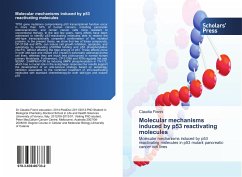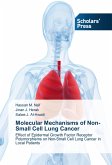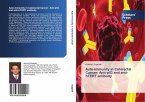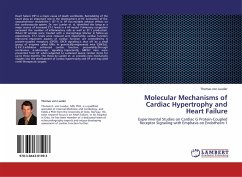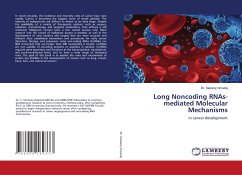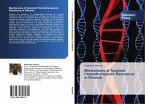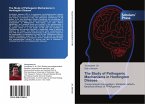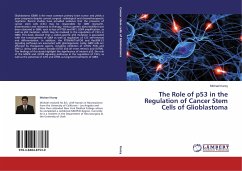TP53 gene mutations compromising p53 transcriptional function occur in more than 50% of human cancers, including pancreatic adenocarcinoma, and render cancer cells more resistant to conventional therapy. In the last few years, many efforts have been addressed to identify p53-reactivating molecules able to restore the wild-type transcriptionally competent conformation of the mutated proteins. In the present thesis, we show that two of these compounds, CP-31398 and RITA, can induce cell growth inhibition, apoptosis, and autophagy by activating p53/DNA binding and p53 phosphorylation (Ser15), without affecting the total amount of p53. These effects occur in both wild-type and mutant p53 (mutp53) pancreatic adenocarcinoma cell lines, whereas they are much less pronounced in normal human primary fibroblasts. Furthermore, CP-31398 and RITA regulate the axis SESN1- 2/AMPK/mTOR by inducing AMPK phosphorylation in Thr172, which has a crucial role in the autophagic response.Our results support the development of an anti-tumoral strategy based on autophagy inhibition associated to the combined treatment of p53-reactivating molecules with standard chemotherapy,for both wild-type and mutant p53
Bitte wählen Sie Ihr Anliegen aus.
Rechnungen
Retourenschein anfordern
Bestellstatus
Storno

